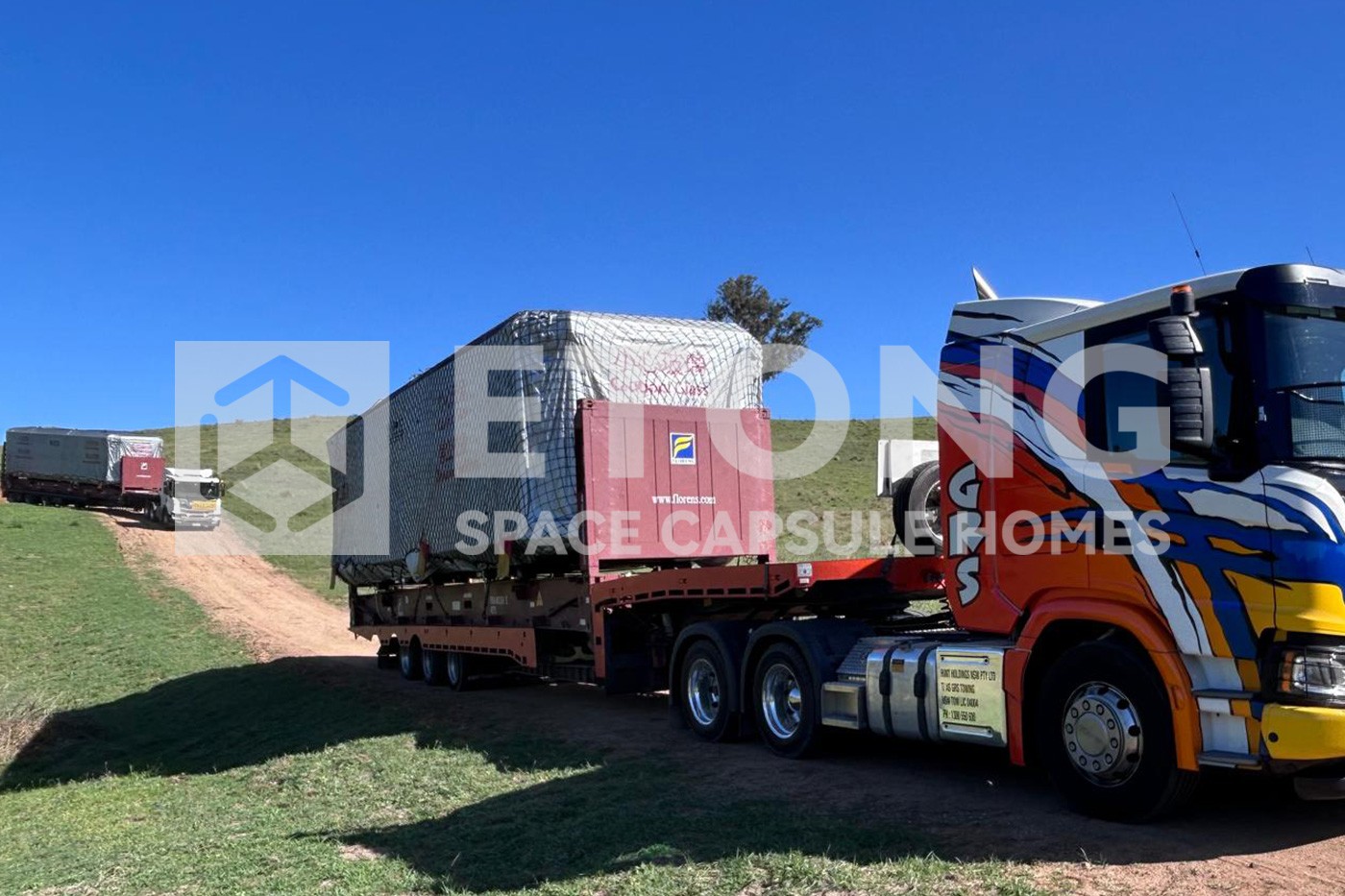Modular Space Capsule Homes: An Innovative Solution for Toronto's Housing Shortage
Urban Housing Challenges and Innovative Solutions
As Canada's largest city, Toronto faces a worsening housing shortage, with average monthly rents for downtown studio apartments reaching CAD 2,800 and vacancy rates consistently below 1.5%. Modular space capsule homes present a transformative approach through their demountable structure, cutting transportation expenses by 67% compared to conventional construction. A standard 40-foot shipping container can accommodate components for 12 dwelling units, allowing on-site assembly within 72 hours—even in challenging environments such as rooftops or sloped scenic areas.

The engineering of space capsule homes merges aerospace innovation with residential requirements:
Structural durability: 3mm 6063-T5 aluminum alloy framework with 50-year anti-corrosion certification, capable of withstanding winter gusts of up to Level 10 (wind pressure resistance of 0.85 kN/m²).
Thermal efficiency: 150mm XPS insulation combined with TPE glazing achieves a U-value of 0.18 W/m²·K, maintaining an indoor temperature of 20°C even in extreme conditions as low as -30°C.
Acoustic performance: Honeycomb soundproofing layers reduce external noise from 32 dB to 18 dB.
Standard 18 m² units are equipped with:
IoT-enabled smart home control systems
Foldable wet-dry separated bathrooms (featuring 15-second nano-coating drying technology)
5.6 kW solar panels and 20 kWh battery storage (enabling 83% energy self-sufficiency)
Commercial Applications and Market Value
Implementation cases demonstrate broad adaptability:
Vertical micro-communities: A 42-unit project in Liberty Village offers 35% lower rents while maintaining full occupancy.
Eco-tourism: Installations near Niagara Falls generate CAD 1.2 million in quarterly revenue, achieving return on investment within 14 months.
Emergency housing: 300 units deployed within 72 hours during the 2024 Ontario ice storms.
Economic analysis indicates:
Manufacturing cost: CAD 38,000 per unit
Post-installation value appreciation: 220%
Gross margins for rental operations: 58–62%
Regulatory Compliance and Development
2025 Canadian Building Code updates require:
CSA A277 structural certification
30-minute fire resistance rating
EnerGuide 85+ energy efficiency standards
Next-generation prototypes incorporate:
Air-to-water generation systems (output of 40 L/day at 20% humidity)
3D-printed titanium alloy frameworks
Sustainability and Social Impact
Annual environmental benefits include:
Reduction of 120,000 tons of construction waste
91% lower dust emissions
97% material recyclability across 8+ assembly cycles
The 2025 Space Capsule Homes Talent Housing Initiative has provided housing for 2,000 immigrants, demonstrating blended social and commercial value. Projections show a 40% cost reduction within five years through aerogel insulation and automated assembly technologies.
This housing innovation not only addresses urban density challenges but also advances lightweight, intelligent architectural evolution for post-industrial societies.
